U.S.: Advances in 3D-Printed Material Design

A team of experts harnesses AI and 3D printing to create materials with precise mechanical properties, potentially revolutionising manufacturing processes and material performance across various industries.
U.S: Computational Innovation to Advance Climate Action

The researcher at Cornell University has employed a new solution for the heatwaves issue by incorporating an innovative computational approach, presenting a potential solution, and emphasising the importance of long-term municipal planning.
U.S. Agencies Unite to Strengthen Cyber Defences

The United States is intensifying cybersecurity efforts to enhance the security of Open Source Software (OSS) in Operational Technology (OT) and Industrial Control Systems (ICS) to strengthen the nation’s cyber defences.
Aviation Safety: MIT’s Innovative AI Approach

MIT’s Computer Science and Artificial Intelligence Laboratory researchers have employed artificial intelligence that acts as a proactive co-pilot, forming a collaborative partnership between humans and machines centred around understanding attention.
Washington University Digital Transformation Journey
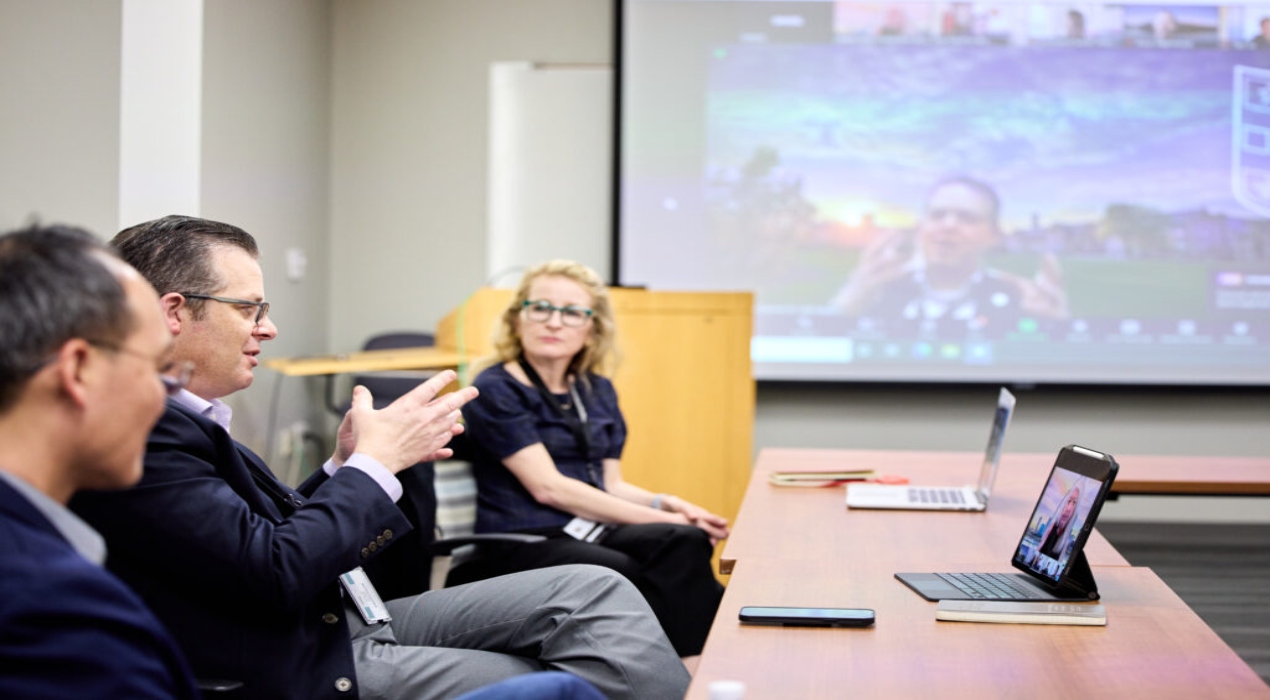
Washington University in St. Louis launches the WashU Digital Transformation initiative, aiming to become a global innovation hub, enhancing research, digital learning, and operations while fostering collaborations and industry partnerships.
High-Resolution Tactile Sensing Breakthrough
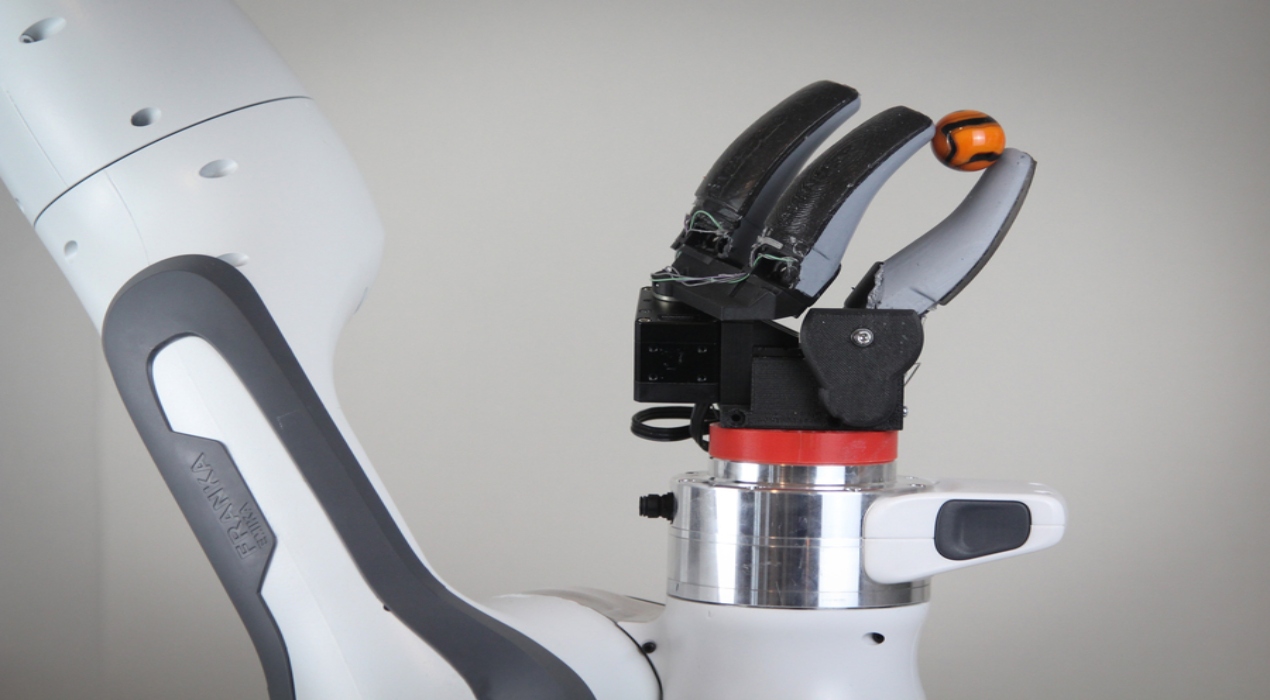
Researchers from MIT have developed the GelSight Svelte, a curved touch sensor resembling a human finger, improving robots’ dexterity in handling objects.
Safeguarding the Future of AI in U.S. National Security

Oak Ridge National Laboratory introduces the Centre for AI Security Research to collaborate with federal agencies, addressing emerging AI vulnerabilities and threats while leveraging ORNL’s expertise to ensure the safe and secure utilisation of AI for national security and public benefit.
Sonobiopsy Revolutionising Brain Disease Diagnosis
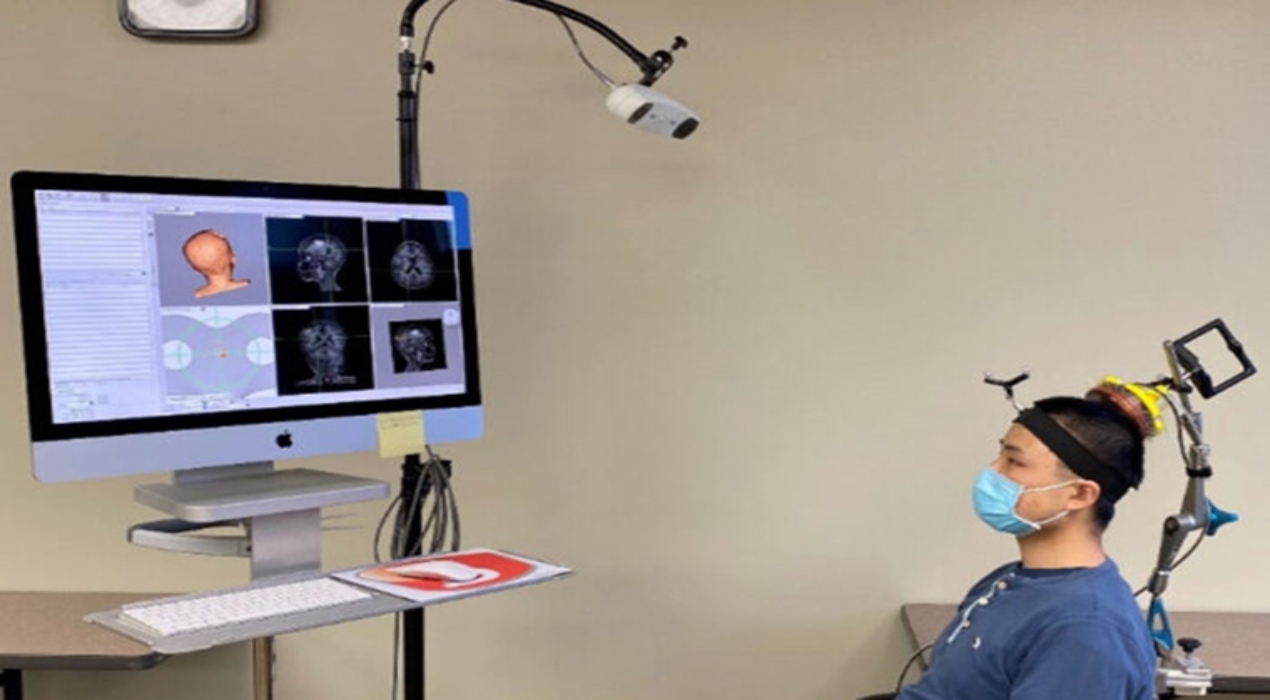
Scientists have developed a ground-breaking sonobiopsy method that uses ultrasound and microbubbles to non-invasively breach the blood-brain barrier, allowing brain biomolecules to enter the bloodstream for analysis, potentially revolutionising diagnoses.
Advancing Content Creation with Physics-Driven AI

MIT researchers have developed generative artificial intelligence while leveraging insights from physics and interdisciplinary collaboration, creating a versatile and high-performing AI model.
UC Berkeley Tackles Criminal Justice Inequities with Data Science

UC Berkeley has embarked on an interdisciplinary programme, combining criminal justice and computer science to tackle systemic inequities, aims to diversify the scientific workforce, and emphasises diversity and inclusion values.
U.S. Tackling Deepfake Challenges

The National Security Agency and its federal agency partners have collaborated to release new guidance concerning a cybersecurity risk posed by deepfakes, ensuring the integrity of digital information and safeguarding national security.
Singapore-U.S. Partner for Cybersecurity and Emerging Tech
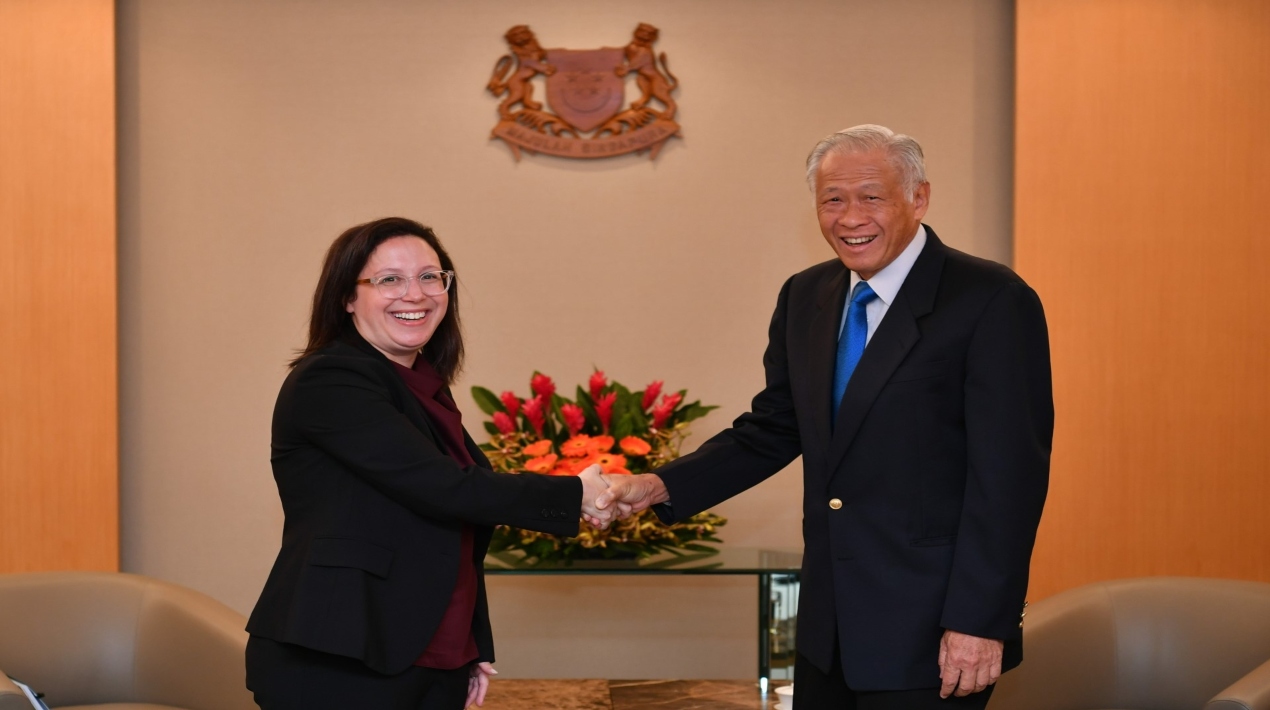
The two nations have reinforced their defence partnership, focusing on cybersecurity and emerging technologies during the 13th Strategic Security Policy Dialogue; which signifies a strategic shift to address modern security challenges.
AI-Powered Improvement in Language Model Performance

MIT researchers introduced a method leveraging multiple AI systems for discussions, addressing large language models inconsistencies and yielding significant performance improvements through the multi-agent debate method, aiming to promote more reliable and intelligent language understanding and generation.
Machine Learning Unlocks the Potential of Antibodies
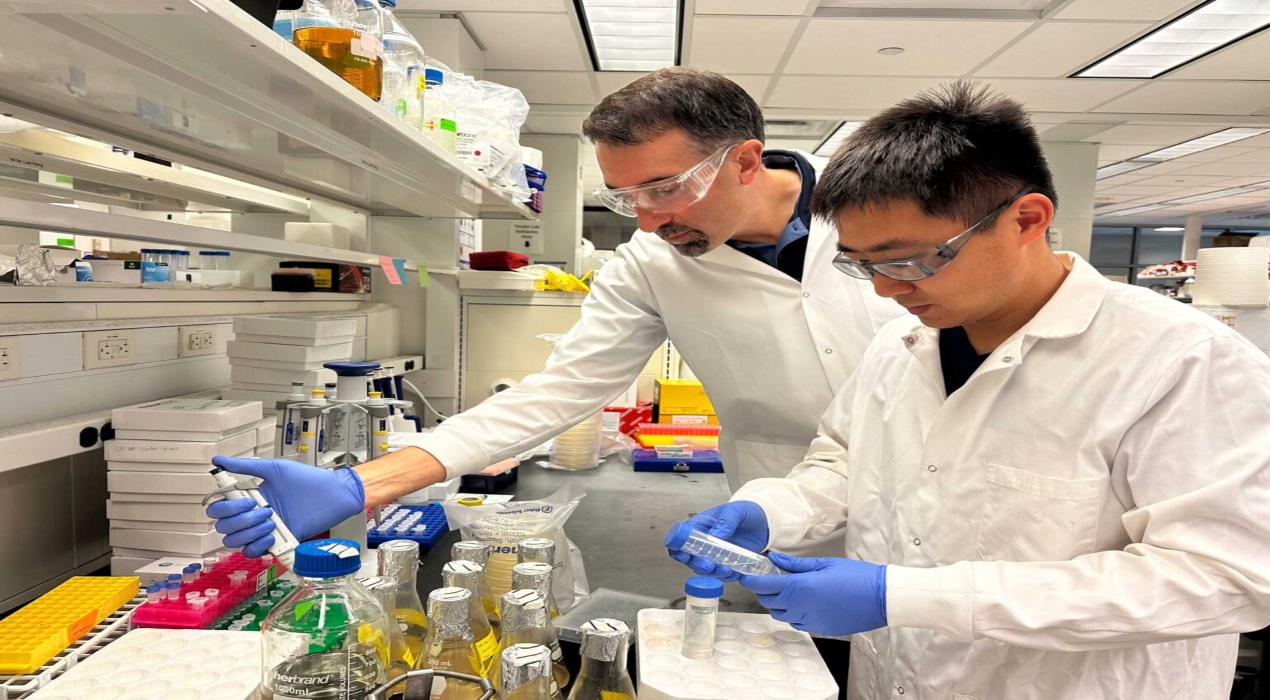
The University of Michigan’s machine-learning algorithms are improving the specificity and effectiveness of antibodies in fighting diseases by identifying problematic areas and streamlining modifications, offering promising advancements for therapeutic antibody development.
CISA Building a Safer Digital Future

The Cybersecurity and Infrastructure Security Agency (CISA) has introduced Secure by Design, aiming to enhance cybersecurity by advocating for memory-safe languages and addressing the demand for secure coding skills, preparing future programmers for secure coding challenges.
Advancing Brain Health with Tech
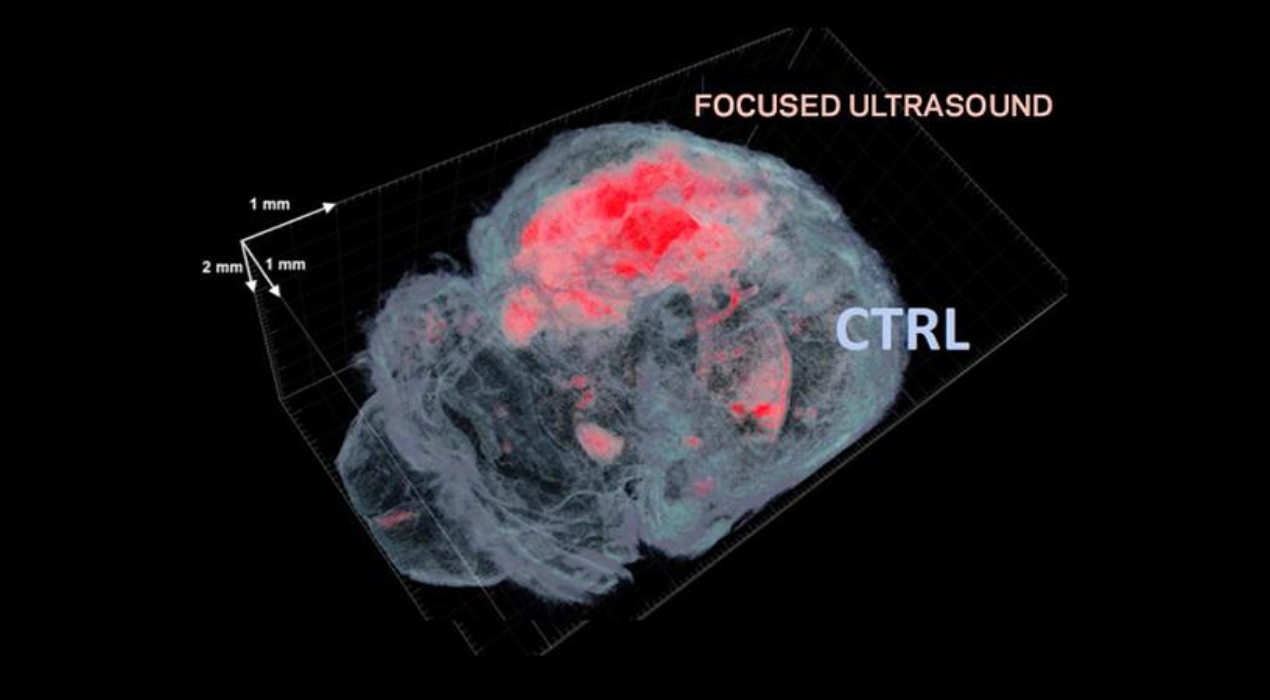
Elisa Konofagou leads pioneering research in ultrasound-based techniques, including focused ultrasound and gene therapy, with the potential to transform Alzheimer’s treatment by both improving drug delivery and modulating the brain’s immune response.
Advancing Object Recognition in Autonomous Driving

MIT researchers have developed an efficient computer vision model for object recognition in autonomous vehicles, reducing computational complexity, and enabling real-time processing on resource-constrained hardware.
Algorithmic Solution for Cardiac Research

Researchers at Washington University in St. Louis have developed a computational approach to eliminate motion artefacts in images of heart cells, mimicking a drug’s effects on the heart without compromising cellular structure, enhancing understanding of heart function.
3D Bioprinting of Functional Heart Ventricle

Researchers have made strides in 3D bioprinting, developing a hydrogel ink infused with gelatin fibers, enabling the precise 3D printing of a functional heart ventricle, and providing physiologically relevant structures for research and therapeutic development.
Quantum Sensing Advances Subsurface Nanometrology

Scientists at the Oak Ridge National Laboratory conducted a nanoscience study focused on subsurface nanometrology, proposing quantum sensing potential, enabling deeper exploration while expanding detection capabilities.
AI-Powered Advancements for Fusion Energy

MIT’s Plasma Science and Fusion Centre (PSFC) has embarked on a collaboration to accelerate the development of fusion energy focusing on integrating fusion data with AI-powered tools, improving accessibility to fusion data and democratising inclusivity for the scientific community.
Exascale Computing Accelerates Research
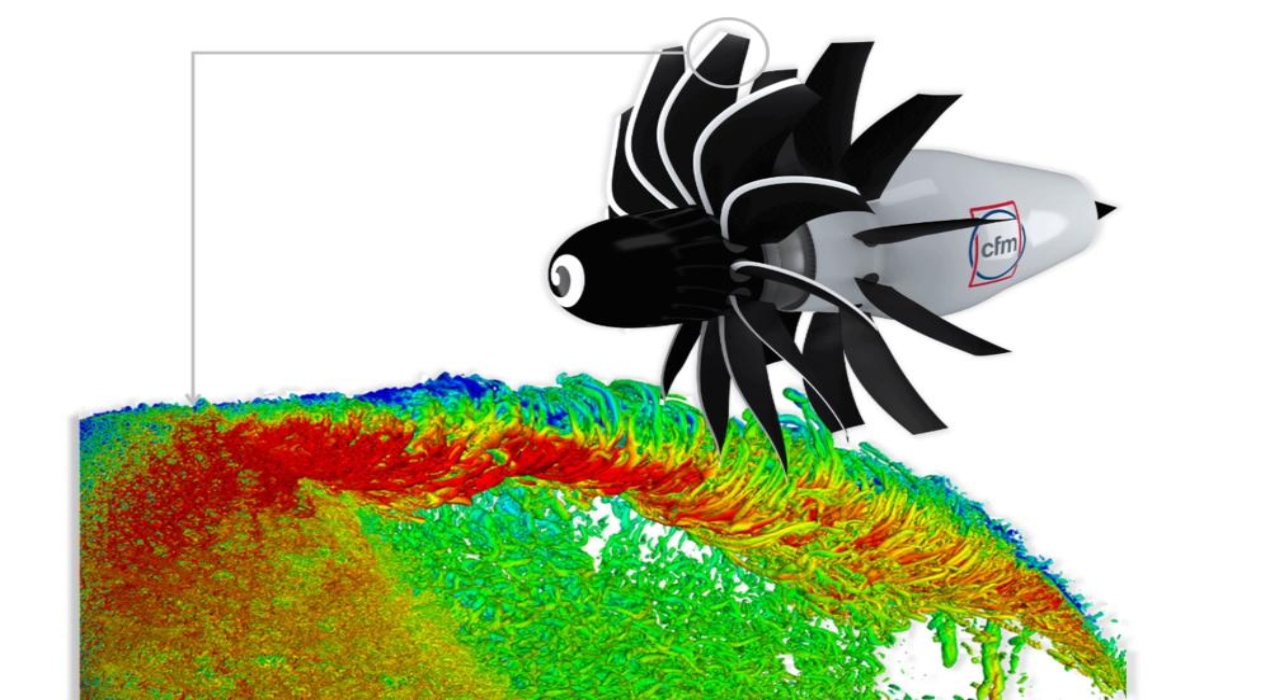
The Department of Energy’s Exascale Computing Project (ECP) advances computing architectures and boosts scientific simulations, representing a leap in computing capability, and promising significant advances in various industries.
Synchronisation for Seamless Cloud Gaming

Researchers have introduced an innovative method that employs inaudible white noise patterns to align audio streams for devices in cloud gaming and networking, achieving reliable synchronisation and surpassing alternative methods in cloud gaming scenarios.
Accelerating Polymer Development with AI
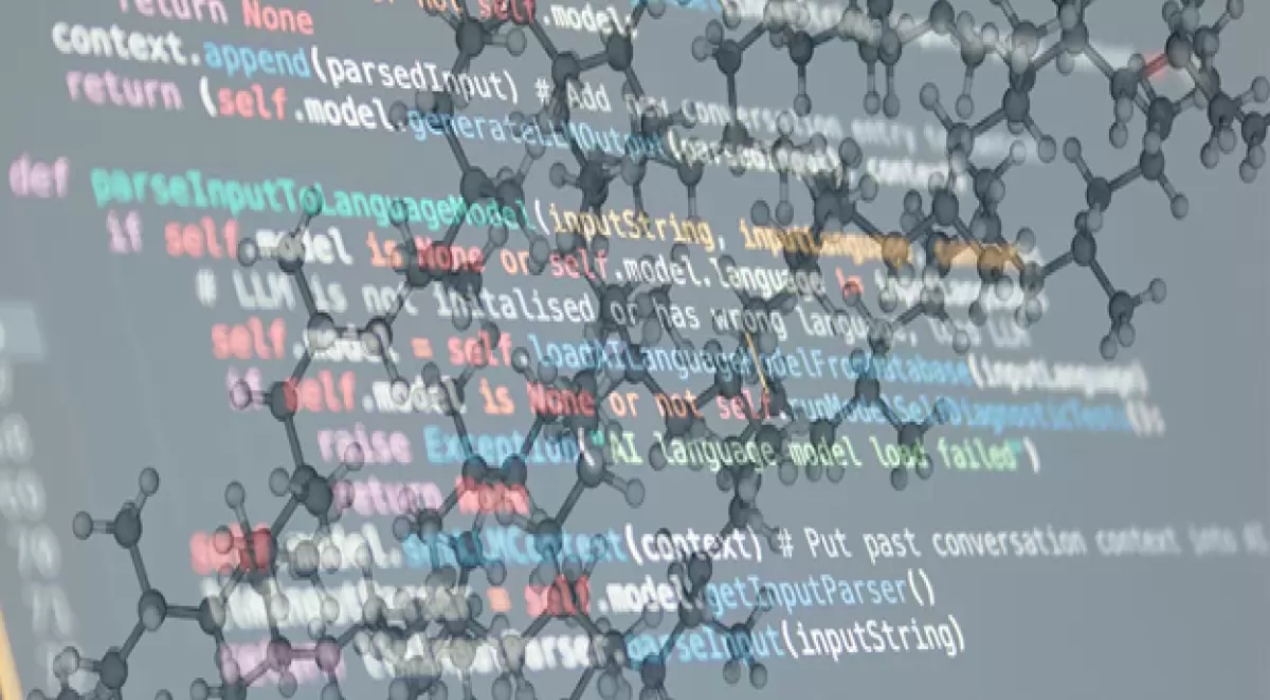
Researchers have embarked on a machine-learning model for revolutionising polymer research, aiming to eliminate the need for extensive laboratory experimentation.
Genomic Innovation Unlocking Precision Treatment

The Washington University School of Medicine’s ChromoSeq test introduces a novel approach to blood cancer diagnosis and treatment by utilising whole-genome sequencing to comprehensively identify genetic alterations, enhancing precision medicine strategies.
NIST Advances Quantum-Resistant Encryption

NIST selects quantum-resistant algorithms, releasing draft standards for three with one more pending, aiming to safeguard against potential quantum computer threats, emphasising ongoing evaluation and inviting submissions for post-quantum cryptography to fortify data.
AI Reshaping Robotic Manipulation
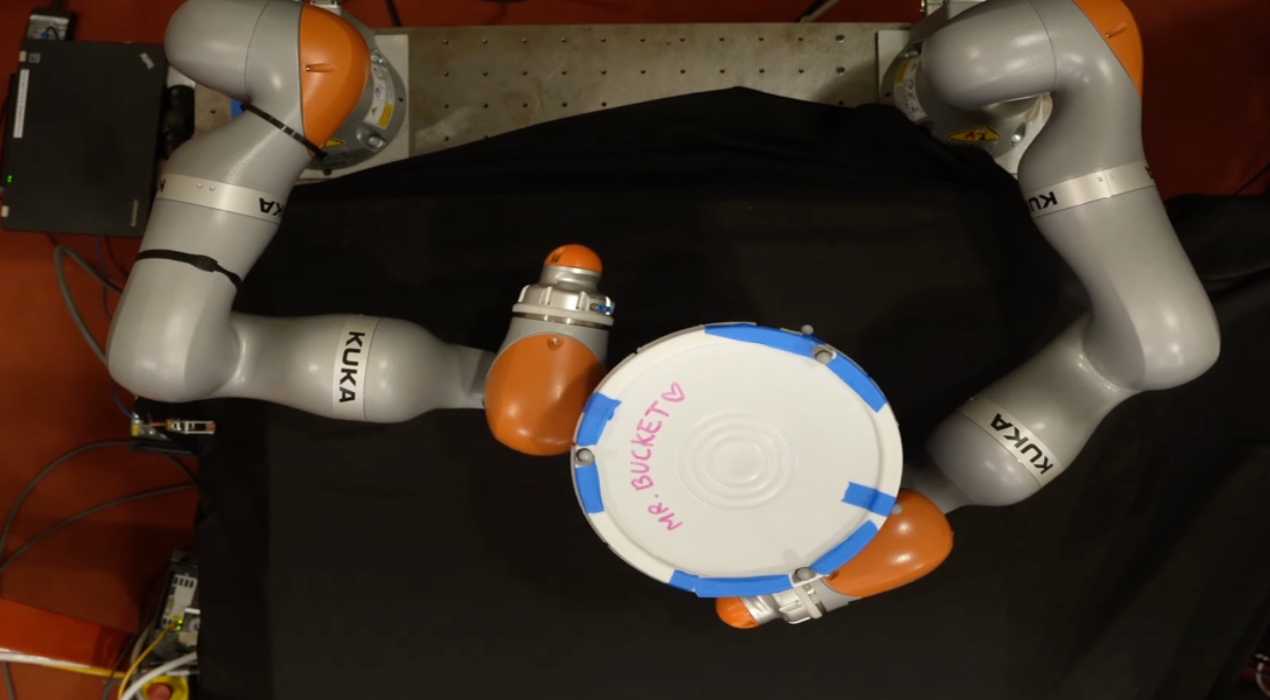
MIT researchers have simplified intricate robotic manipulation planning using AI to combine reinforcement learning and rapid decision-making algorithms, enabling smaller and more efficient robots and empowering them to adapt to the environment swiftly.
AI-Enhanced Robotic Glove for Rehabilitation

Florida Atlantic University has embarked on the development of a soft robotic hand exoskeleton that utilises artificial intelligence to enhance hand dexterity for complex activities, enhancing personalised rehabilitation across a spectrum of motor-related.
Defending Against Quantum Computing Threats

NSA, CISA, and NIST have collaborated on a report addressing cyber threats and quantum computing risks, empowering stakeholders to protect sensitive information from evolving cyber dangers with a preparedness roadmap.
Deep Learning to Enhance MRI Precision
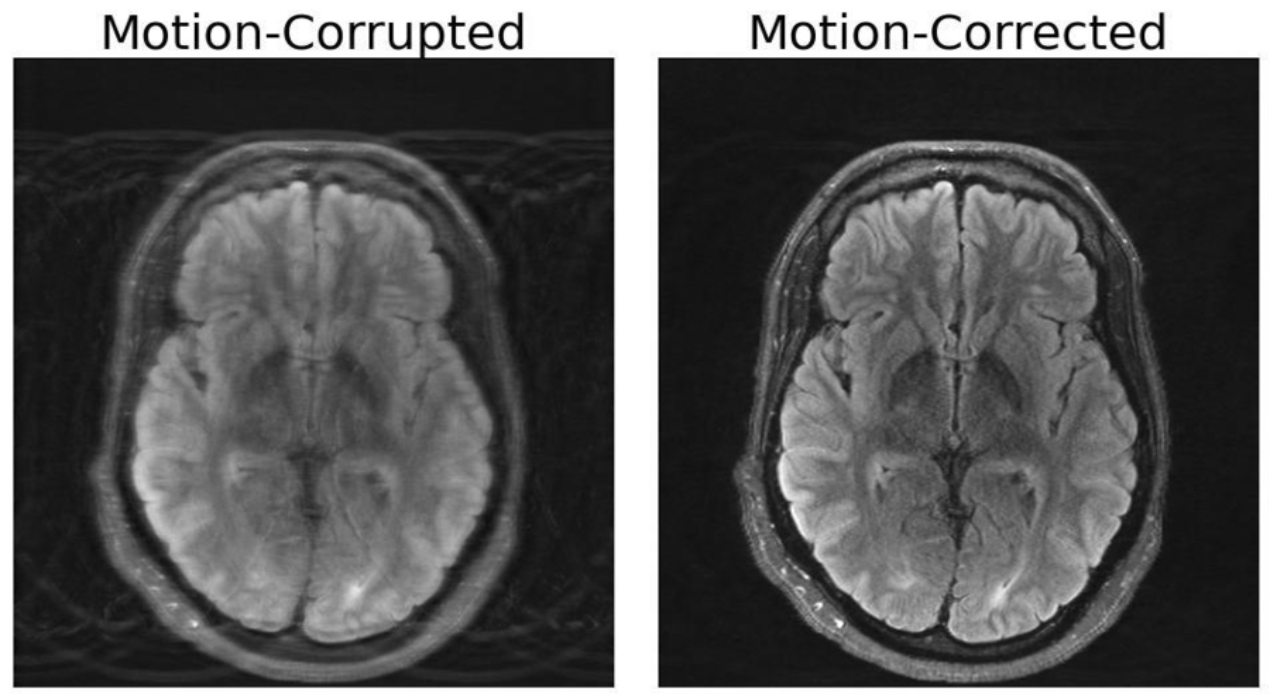
MIT’s researchers have developed an MRI machine in collaboration with a deep learning model, correcting previous MRI technology and enhancing diagnostic accuracy to prevent misdiagnoses, revolutionising the field of medical imaging in diagnostic processes.








